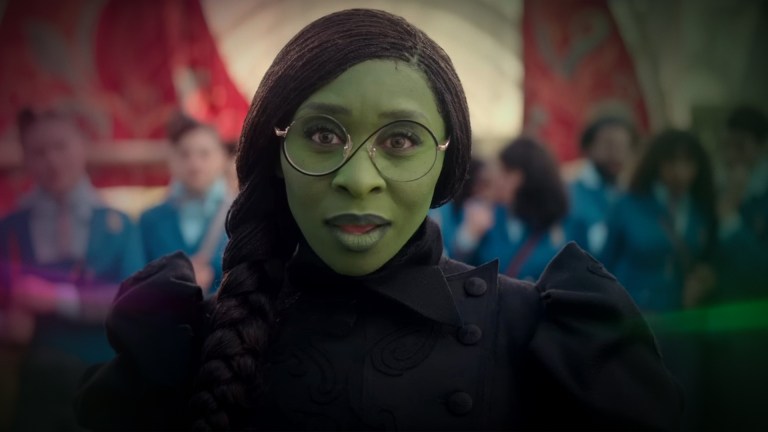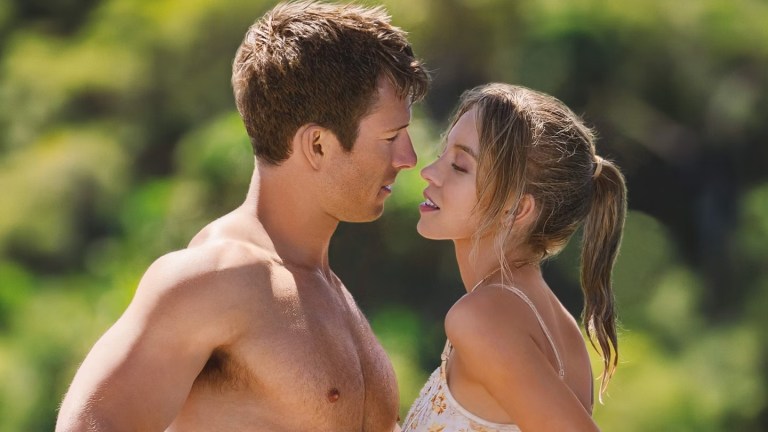What Happened To You Was Not Your Fault, But How You Go Forward Is Your Responsibility
Healing is our responsibility because we have this one life, this single shot to do something important.
What happened to you was not your fault.
It was not something you asked for, it was not something you deserved.
What happened to you was not fair.
You were merely collateral damage on someone else’s warpath, an innocent bystander who got wrecked out of proximity.
We are all hurt by life, some of us from egregious wrongdoings, others by unprocessed pain and sidelined emotions. No matter the source, we are all handed a play of cards, and sometimes, they are not a winning hand.
Yet what we cannot forget is that even when we are not at fault, healing in the aftermath will always fall on us — and instead of being burdened by this, we can actually learn to see it as a rare gift.
Healing is our responsibility because if it isn’t, an unfair circumstance becomes an unlived life.
Healing is our responsibility because unprocessed pain gets transferred to everyone around us, and we are not going to allow what someone else did to us to become what we do to those we love.
Healing is our responsibility because we have this one life, this single shot to do something important.
Healing is our responsibility because if we want our lives to be different, sitting and waiting for someone else to make them so will not actually change them. It will only make us dependent and bitter.
Healing is our responsibility because we have the power to heal ourselves, even if we have previously been led to believe we don’t.
Healing is our responsibility because we are uncomfortable, and discomfort almost always signals a place in life in which we are slated to rise up and transform.
Healing is our responsibility because every great person you deeply admire began with every odd against them, and learned their inner power was no match for the worst of what life could offer.
Healing is our responsibility because “healing” is actually not returning to how and who we were before, it is becoming someone we have never been — someone stronger, someone wiser, someone kinder.
When we heal, we step into the people we have always wanted to be. We are not only able to metabolize the pain, we are able to affect real change in our lives, in our families, and in our communities. We are able to pursue our dreams more freely. We are able to handle whatever life throws at us, because we are self-efficient and assured. We are more willing to dare, risk, and dream of broader horizons, ones we never thought we’d reach.
The thing is that when someone else does something wrong and it affects us, we often sit around waiting for them to take the pain away, as though they could come along and undo what has been done.
We fail to realize that in that hurt are the most important lessons of our lives, the fertile breeding ground upon which we can start to build everything we really want.
We are not meant to get through life unscathed.
We are not meant to get to the finish line unscarred, clean and bored.
Life hurts us all in different ways, but it is how we respond — and who we become — that determines whether a trauma becomes a tragedy, or the beginning of the story of how the victim became the hero.












